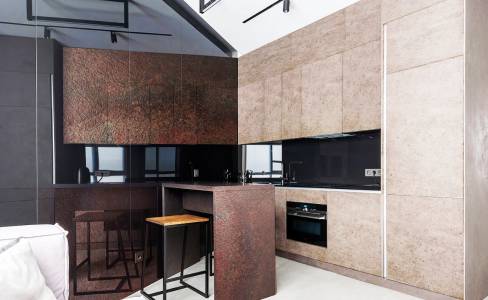
Fabric phenolic laminates are high-pressure thermosetting composite materials renowned for their exceptional mechanical strength, electrical insulation properties, and dimensional stability. Manufactured by bonding layers of woven fabric (typically cotton, linen, or paper) with phenolic resin under intense heat and pressure, these laminates offer a unique combination of characteristics making them ideal for a wide range of applications.
Key Features & Benefits:
Applications:
Fabric phenolic laminates find widespread use in numerous industries including:
Specifications (Typical – Specific values vary depending on grade):
Note: This is a general description. Specific properties and suitability for a given application depend on the grade and type of fabric phenolic laminate. Consult the manufacturer's datasheet for precise specifications and recommendations before selecting a material for a particular application. Always adhere to appropriate safety precautions during handling and processing.